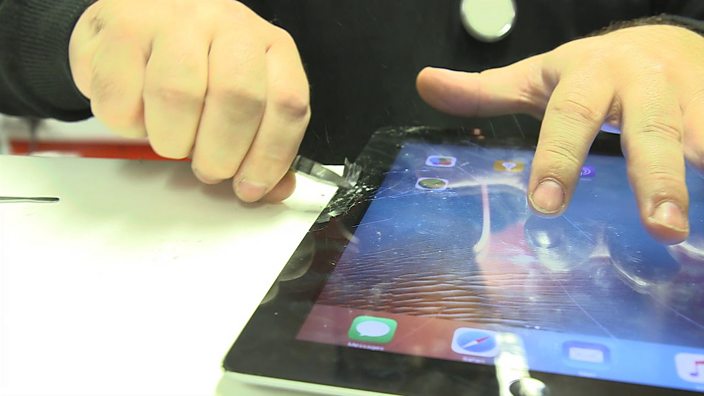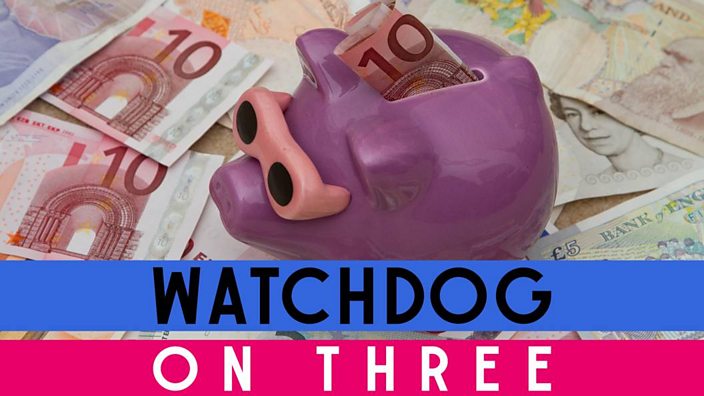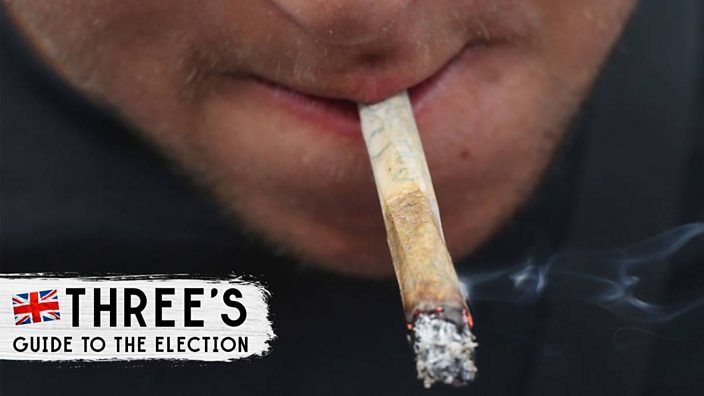 BBC
BBCWatchdog on Three: Bread, cars, holidays - how will Brexit hit your wallet?
Last week we saw Tesco and goods manufacturer Unilever in a major stand-off.
In short, Unilever wanted Tesco to pay more for its products. The reason? Brexit and the devaluation of the pound.
Tesco refused, and deliveries of Unilever products to Tesco stopped, leaving online shoppers unable to buy stuff like Marmite, PG Tips and Persil. Cue some irate posts on social media.
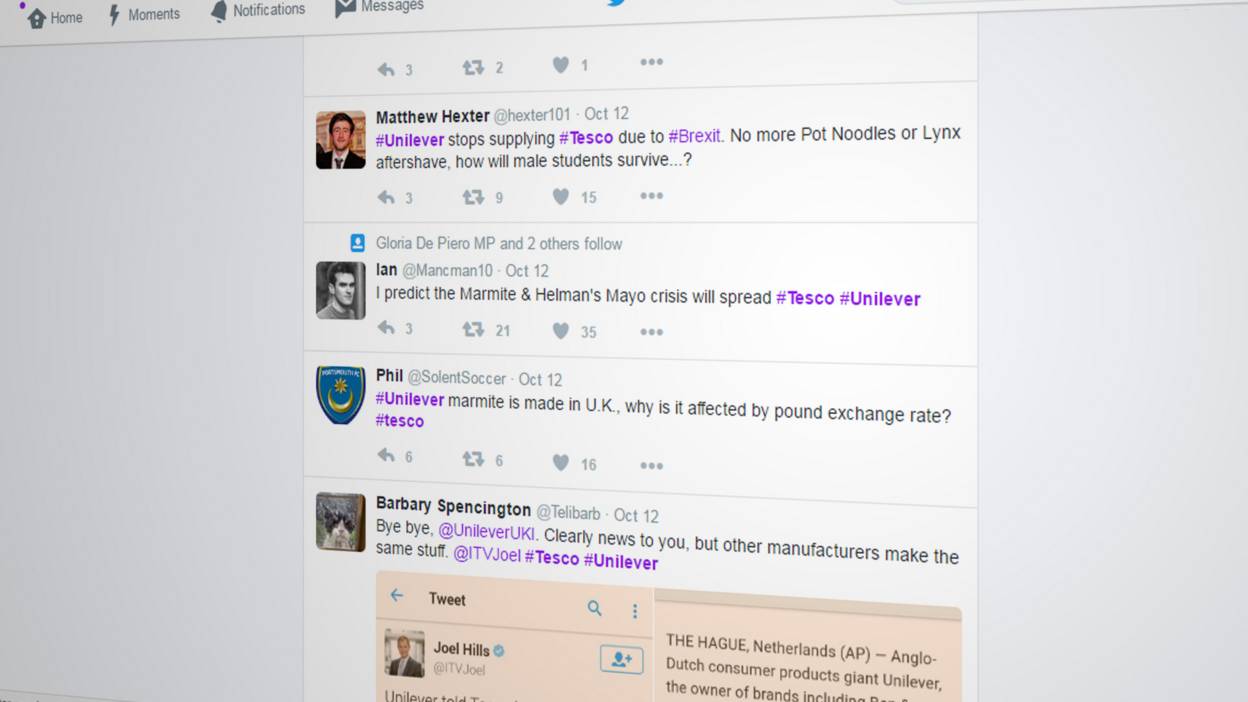 BBC
BBC
Fortunately, normal service was resumed quickly. But was it just a storm in a tea cup?
Brexit and my daily bread
The Unilever and Tesco spat indicates that prices are likely to change. The UK imports 40% of its food from abroad. With the plunging pound, that means a hike in costs. Only last week, the Bank of England Governor, Mark Carney, warned that food prices were set to rise.
How can I be a savvy shopper?
Most shoppers are pretty smart these days, using price comparison websites, keeping an eye out for promotions and taking advantage of special one-offs. Jon Copestake, chief retail and consumer goods analyst at the Economist Intelligence Unit, tells Watchdog, "Most expensive goods which are branded and have the highest profit margin are usually at eye level. Look lower to find the cheaper products. You’ll find similar goods at a lower price."
Alex Mawby, 23 years old, lives with his girlfriend in Guildford. He says, "To keep costs down I’ll probably avoid the brands, go to basic ranges and head to the likes of Lidl and Aldi."
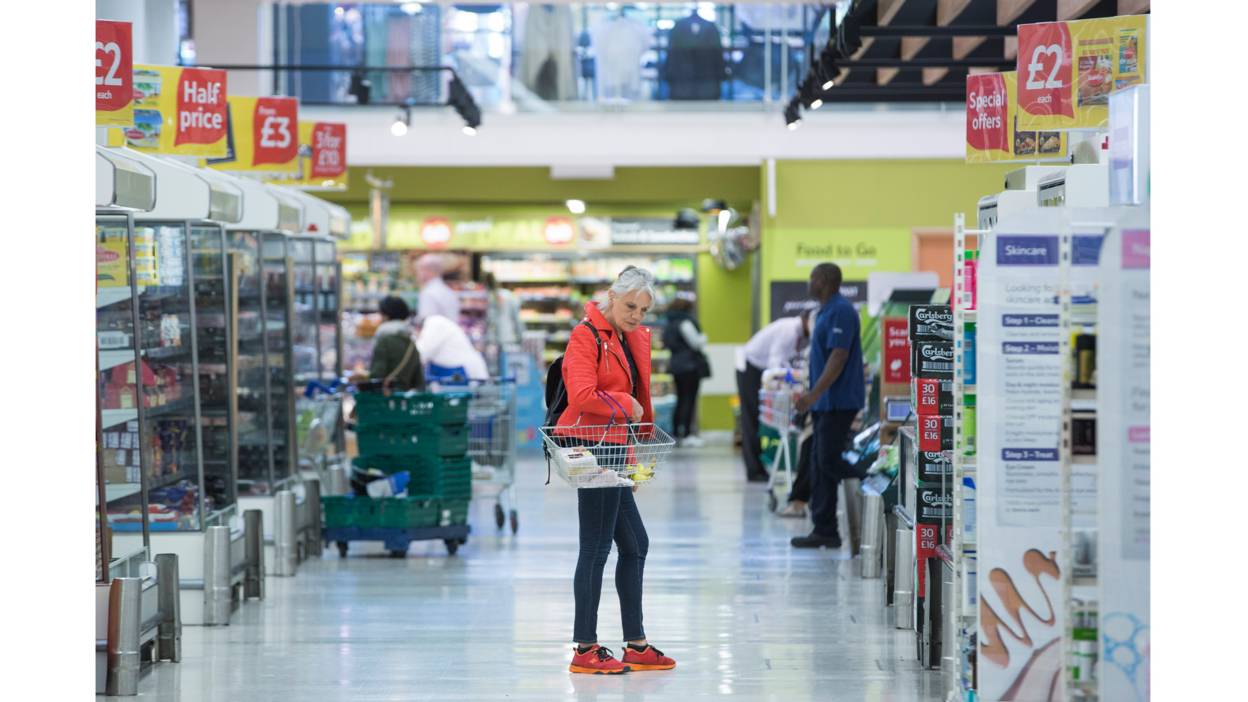 Getty Images
Getty Images
Brexit, backpacking and studying abroad
If you’re planning your gap year or next year’s holiday and worried about the impact Brexit might have on your budget, then you’re bang on the money.
With the value of the pound dropping dramatically against the euro, if you’re travelling around Europe you’re probably going to be a bit more careful with your cash. But the pound has also fallen against the dollar, which means if you’re heading to the States, the Caribbean and other countries which peg their currency in line with the dollar, you’re going to shell out more for your accommodation, food and sightseeing. Ultimately you’re going to get less bang for your buck.
Jack is 23 years old and studying at Edinburgh Napier University. He tells Watchdog, "The decreasing value of the pound just adds another hurdle for students who are wanting to travel, and more than likely puts many places out of the budget of many. The value of the pound will definitely be a deciding factor in which countries I would be able to visit in the near future."
Alex goes on to say, "I’ve booked to go to Paris in November. It’s going to cost me a lot more. I’ll definitely be tightening the old purse strings. I’ll have to do less fun stuff and not go to the best restaurants."
However, Tom Hall, Editorial Director at The Lonely Planet tells Watchdog, "At the moment, holidays will feel more expensive, but things can change quickly. Instability within the Eurozone could see a fall in the euro, and US presidential elections could also influence the exchange rate." Watch this space.
Are flights more expensive?
No. But, new contracts will need to be negotiated in Europe so fares will depend on these future deals.
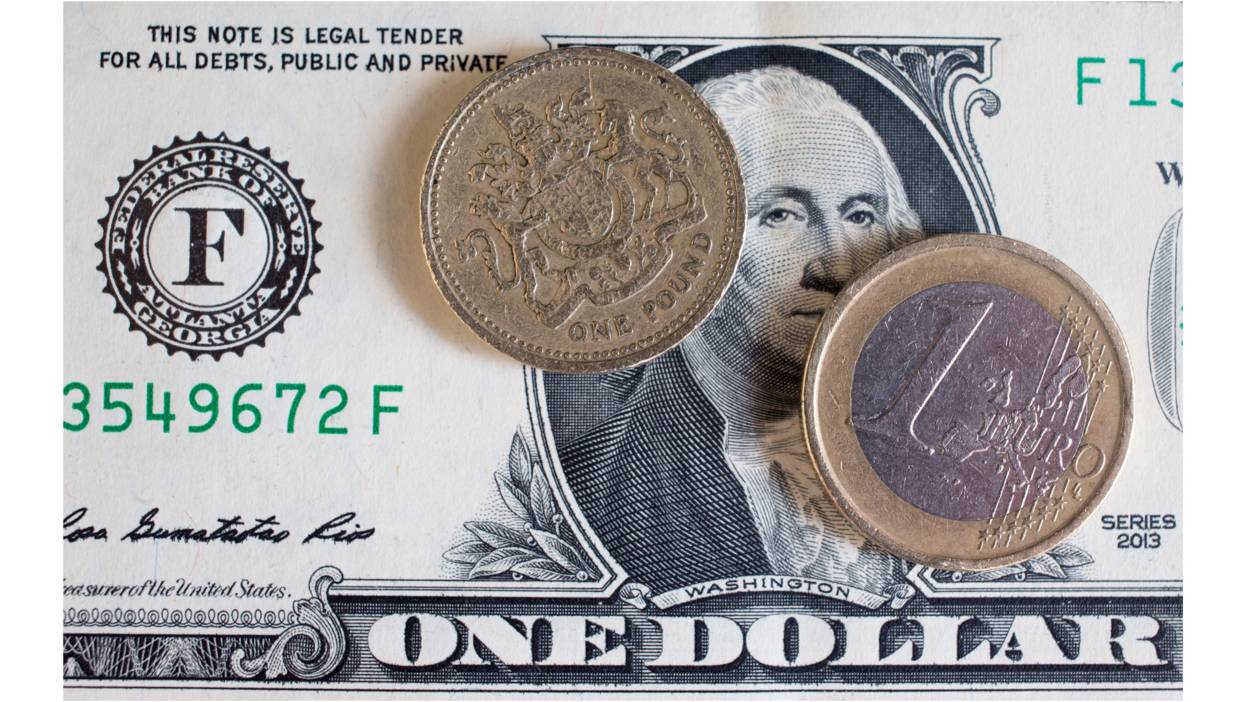 Getty Images
Getty Images
Will it be cheaper to holiday at home?
Unlikely. A staycation will become more expensive because the demand will increase...
Can tour operators increase the price of my holiday, even after I’ve booked it?
Have my rights been affected?
Freedom of travel, regulations and consumer rights regarding flight delays, compensation, roaming charges and health insurance are all still in place, for the time being. But it could well change when we officially leave the EU. Travel expert Simon Calder says, "A tourist’s life will be more complicated, probably with the need to fill in an online form before going to the Continent. It’s also likely to destroy the freedom to study or work anywhere in Europe."
Jack adds, "Brexit has definitely made me think about studying abroad. I am in a fortunate position whereby if I choose to study abroad, it will be before the end of Brexit negotiations, but there are many people I know who cannot be certain of that."
Brexit and Brrrmmm
If you’re thinking of buying a car right now, you could be able to get yourself a really good deal. Some European car companies have increased prices due to exchange rate fluctuation but, at the same time, discounts have risen because car companies in the UK have had to work harder to maintain their sales momentum.
Jim Holder, Editorial Director at What Car Magazine, tells Watchdog, "We may be in a bubble of 3-6 months where we have low interest rates, car manufacturers have right-hand drive stock they want to sell, and dealers have less demand as buyers are more wary." This means dealers will give up more of their margin in order to make the sale. Jim’s advice: "I’ve seen some really keen deals being offered. Go in and be aggressive." Essentially, the sticker price has gone up, but deals seem to be better.
However, long term there is a risk of car prices going up. 90% of cars are bought on finance. When interest rates rise, so will your monthly payment.
If you have a story you think we should be investigating please email us at Watchdog@bbc.co.uk
This article was first published on Wednesday 19 October 2016
